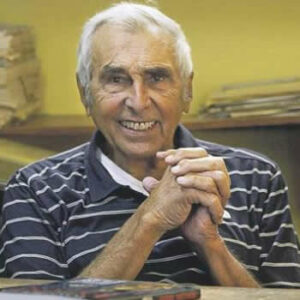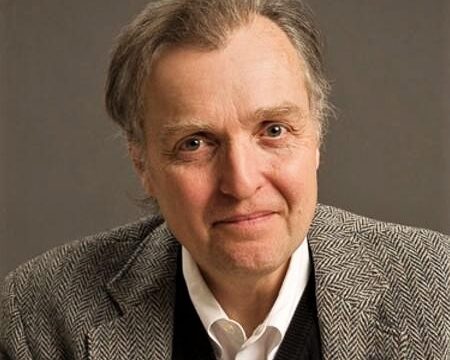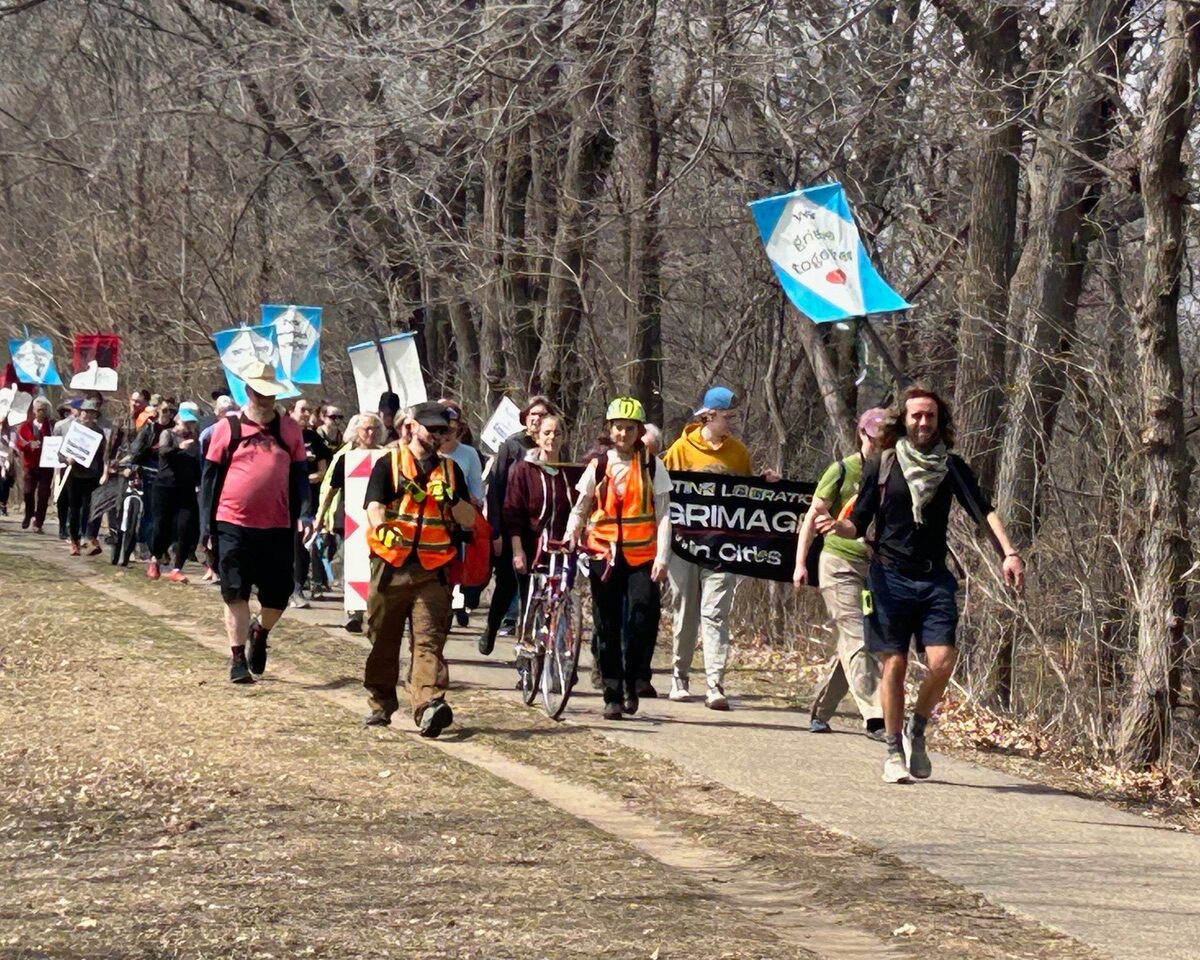BY TONY BOUZA

Tony Bouza
The days of our lives are numbered.
But, short of suicide, we don’t know what that number is. My best estimate would be 26,645 days (73 X 365).
So, what to make of it?
As I think on it a very few items stand out—triumphs and disasters.
One such was Sept. 28, 1976.
A defining moment—only not in a good way. As the Buddhist said —“I’ve had a great life, only this wasn’t it.”
And on that fall day?
I thought it wouldn’t go well, but I hoped to salvage my career. I failed.
The times were parlous.
New York City was in turmoil.
Cops had been laid off—by the thousands. They hadn’t had a contract in years and exercised their febrile imaginations by pissing on the mayor’s lawn and paralyzing traffic with raucous, anarchic marches. Criminal acts came easily to this nihilist group. The knowledge that they are above the law is a never-mentioned truism. I’ve seen them break it with absolute impunity.
In City Hall sat the supreme bookkeeper raised to bureaucratic grayness and green-shaded cynicism.
In police headquarters ruled a posturing fool. Central casting’s darling—an Irish Catholic wizard bearing the name of a fish—ichthyology at its most absurd.
[Can you guess the names of the mayor and the chief? Answer at the end of the essay.]
A mayor and a police commissioner totally out of their depths. Cities pay heavily for such luxuries.
So, on Sept. 28, 1976, my career—and I’d climbed nine ranks to rule the Bronx—would collapse in shambles.
Muhammad Ali was to fight for the heavyweight championship of the world in Yankee Stadium. He won; Norton and I lost.
The cops had announced that their next riot would center there.
I was cooked.
My feeble efforts (I wanted to photograph the events) were publicly scuttled by the police commissioner. He loved cops—I loved them too, only critically.
Cops—1,300 of them—stomped, surrounded and rioted. Confused fight-goers were beset by the feral children of the Bronx attracted to the chaos. Wealth and power shocked by the underclass. Brief and rare encounters.
The cops assigned to me did nothing but wait for their tour’s end to join their rioting brethren. Events were in the saddle.
The publicity was awful, and the police commissioner was not one to suffer a mayor’s wrath. I was pushed out the door.
The travesty was heightened by a tiny but very curious event.
I used a command vehicle that contained a 6-foot by 6-foot office for my use. Little more than a closet. My boss said a privacy-loving celebrity wanted seclusion and ordered me to put him up until fight time.
Thus did I spend about 30 minutes with the very personification of elegance in America’s life.
Cary Grant and I never exchanged a single word—or even a perfunctory greeting or goodbye.
So ended my quarter-century career in America’s largest police department. A fittingly ignominious end.
[Abraham Beame was mayor and Michael Codd was police commissioner.]






















